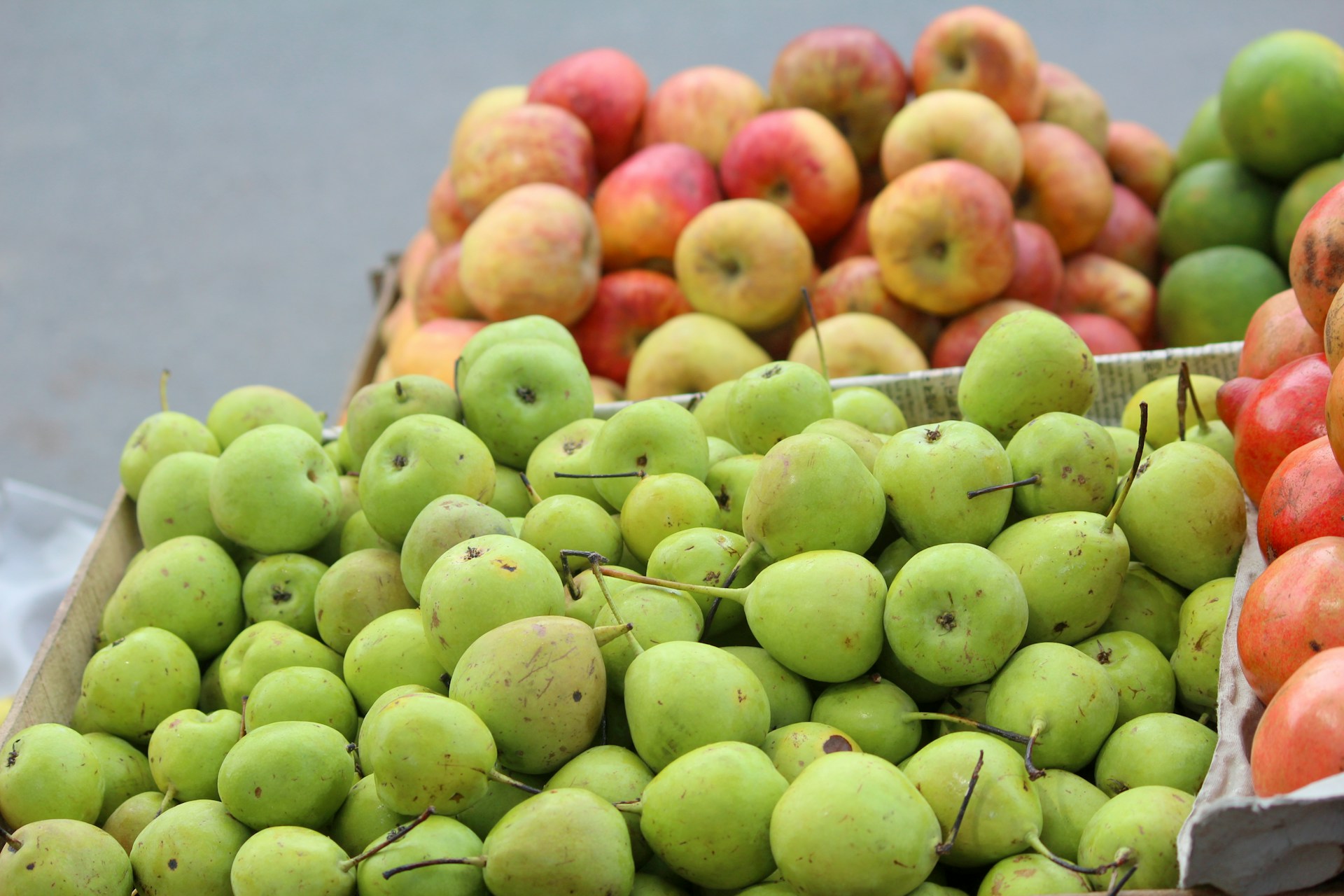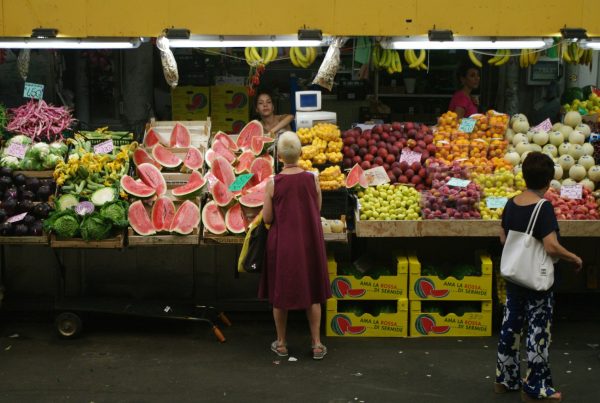Newsletter 166 – 04.16.2024
Argentina was one of the first countries to get involved in the organic world, being a pioneer in terms of legislation and regulation. The certifying companies have extensive experience and are internationally recognized. Argentina is the second country in the world in organic surface area, only surpassed by Australia. According to Senasa, in 2023 there was an area of 4.1 million organic hectares, managed by 1,370 establishments. Much of it is Patagonian grazing fields. But also in extensive agriculture, as well as in regional crops, organic production has weight. In the fruit sector, this production system quickly gained followers. In fruit growing, the participation of organic production is greater than in extensive agriculture, as well as in many other crops.
Currently, organic is an important part of fruit production and export and it is impossible to imagine the sector without this component. Within this, the production of apples and pears clearly stands out. They concentrate the majority of surface area and organic exports of fresh fruits (90%). The desert climate of the Rio Negro Valley makes it easier to carry out this type of production, especially if it refers to Apple Scab, which brings so many headaches to producers in other regions. Also the possibility of producing organic pears is a great advantage, since worldwide production of this type is small, there is a global demand for it. The same is not happening with apples. Many countries have turned to organic apple production, which is why there is currently a wide availability of it. The organic production of other fruits is lower if we compare it with apples and pears, but that does not make it less important. Furthermore, a clear growth trend is observed in these, while in the pip fruits the production has stabilized.
Organic production is destined for export. Organic fruits have been exported for more than 20 years, initially as a complement; currently as a fundamental pillar of foreign trade. In some cases, conventional fruit has stopped being sent and only organic fruit is made. A clear example of this is the shipments of apples and pears to the US and Canada, more than 90% is organic. A similar situation exists with shipments of blueberries and kiwi to the European Union. In the case of apples and pears to Europe, a third are organic. While the incidence of organic products in other destinations and fruits is lower. In lemon, its authorization to export fresh organic products is recent, which is why this business is just starting.
To fresh exports, we must add organic by-products, a sector that is growing. Among these, industrialized pear and apple products stand out (pureees, pulps, concentrated juices, dried fruits); of lemon and sweet citrus (essential oil, juice), dried plums, raisins and frozen blueberries.
But not everything is rosy. Organic production is complex and requires very strict monitoring. The costs are higher, as labor increases, having to use more expensive products, etc. The market is limited and in many cases niche. More than once the prices offered are too low to compensate for the increased effort and cost. On the other hand, many countries and producers have turned to organic production, which is why supply and competition have expanded and exceed demand. New conservation technologies allow apples and pears to be offered throughout the year, reducing the need to import them during the off-season. In the case of Argentina, it is added that it is coming from a cycle of policies focused on the internal market, not very favorable to exports. Organic also suffered from lack of support and high costs. Therefore, exports of fresh organic fruits were reduced. In some cases, such as shipments of apples to Europe, this was very marked.
Organic fruit will continue to be a mainstay for Argentine exports, but there will be changes, depending on how the global market evolves. The outlook is better for blueberries, lemons and kiwis, while it will be more complex for pears and even more so for apples.







